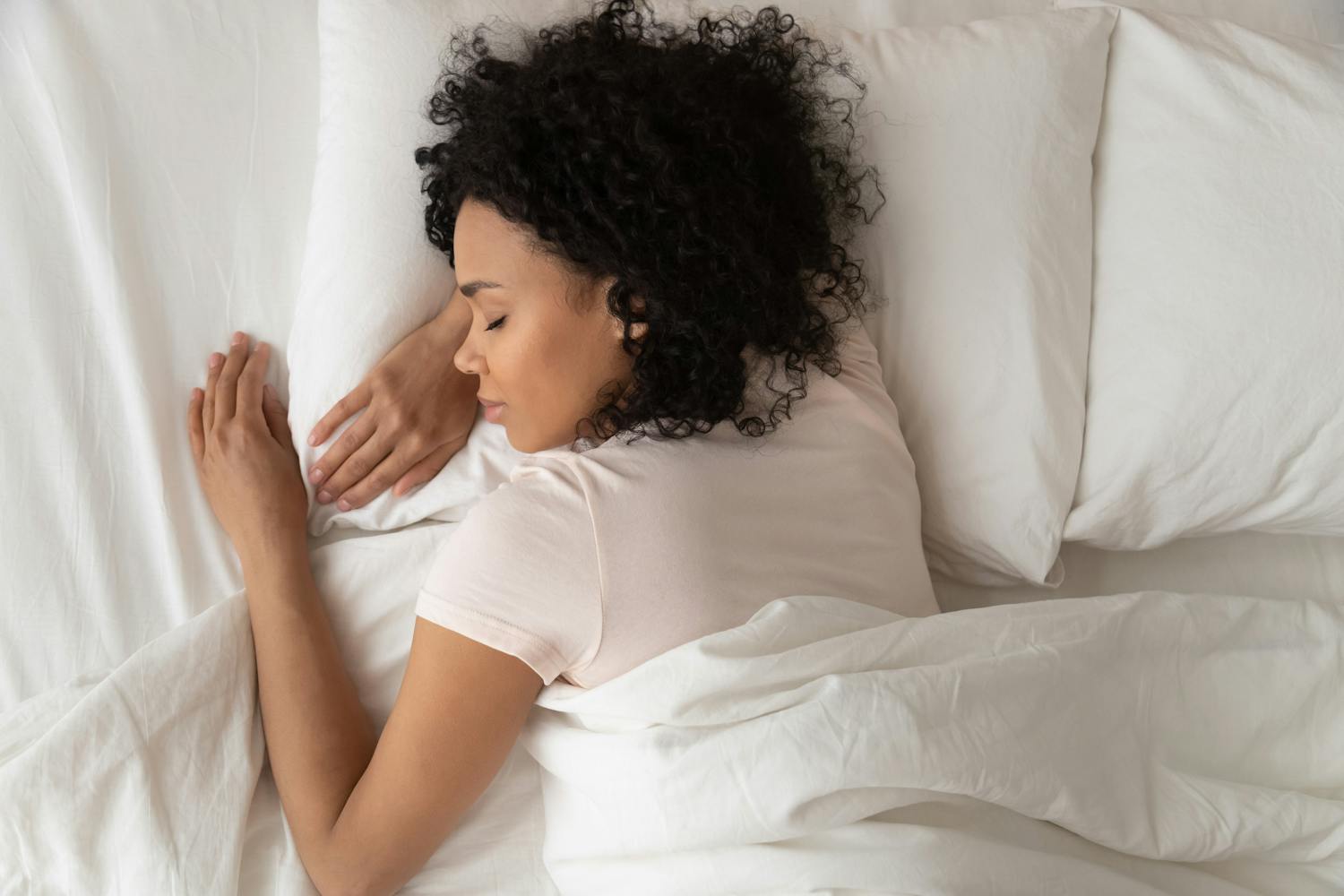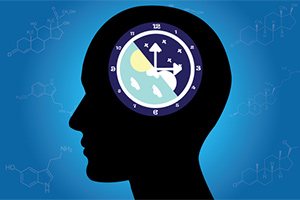Cognitive Behavioral Therapy for Insomnia (CBT-I) - Proven Techniques
Cognitive Behavioral Therapy for Insomnia (CBT-I) - Proven Techniques
Blog Article
Efficient Treatment Solutions for Taking Care Of Rest Disorders and Enhancing Relaxing Rest
In the world of health care, the monitoring of rest conditions and the mission for restful sleep are critical elements of general wellness. As we browse the intricate landscape of sleep disorders and look for to boost our sleep experience, a much deeper understanding of these therapy services may hold the trick to opening a more rejuvenating and satisfying restorative journey.
Cognitive Behavior Modification for Sleeplessness (CBT-I)
Cognitive Behavior Modification for Insomnia (CBT-I) is a structured, evidence-based therapy approach that concentrates on attending to the underlying factors contributing to sleep disruptions. This kind of treatment aims to modify habits and thoughts that exacerbate sleeping disorders, inevitably promoting healthy and balanced rest patterns. CBT-I usually entails a number of vital parts, consisting of cognitive treatment, rest constraint, stimulation control, and sleep hygiene education.
Cognitive treatment aids individuals identify and alter negative thought patterns and ideas about sleep that may be impeding their ability to fall or stay asleep. Sleep restriction involves restricting the amount of time invested in bed to match the person's real sleep duration, thereby raising rest efficiency (insomnia counseling). Stimulus control strategies help develop a strong association between the bed and sleep by motivating individuals to go to bed just when drowsy and to avoid participating in stimulating tasks in bed
Additionally, sleep health education and learning concentrates on establishing healthy rest habits, such as maintaining a regular rest routine, producing a relaxing bedtime regimen, and maximizing the rest setting. By resolving these variables comprehensively, CBT-I uses an effective non-pharmacological intervention for taking care of insomnia and improving general sleep high quality.
Rest Hygiene Practices
Having developed the foundation of cognitive restructuring and behavior adjustments in resolving insomnia via Cognitive Behavior modification for Sleeping Disorders (CBT-I), the focus now shifts in the direction of discovering important Sleep Hygiene Practices for keeping ideal sleep high quality and overall well-being.
Rest hygiene methods incorporate a series of routines and ecological variables that can considerably influence one's ability to drop off to sleep and stay asleep throughout the evening. Constant rest and wake times, developing a relaxing going to bed routine, and enhancing the rest setting by keeping it dark, silent, and cool are crucial parts of good rest health. Restricting exposure to displays prior to bedtime, staying clear of stimulants like caffeine close to bedtime, and participating in regular physical task throughout the day can likewise advertise better sleep high quality.
Moreover, practicing leisure techniques such as deep breathing exercises or meditation prior to bed can assist calm the mind and prepare the body for rest. By including these sleep health methods right into one's daily routine, people can develop a healthy rest pattern that supports relaxing sleep and general health.
Leisure Methods and Mindfulness
Applying relaxation techniques and mindfulness techniques can play a critical duty in promoting a sense of calm and advertising high quality sleep. Additionally, assisted imagery can aid move individuals to a calm location in their minds, helping in stress and anxiety decrease and improving sleep quality.
By including these practices right into a going to bed routine, individuals can signal to their bodies that it is time to relax and prepare for sleep. On the whole, integrating relaxation strategies and mindfulness practices can significantly contribute to handling sleep conditions and boosting overall sleep quality.

Medication Options for Rest Disorders
After discovering leisure techniques and mindfulness methods as non-pharmacological interventions for improving rest high quality, it is necessary to consider medicine options for people with sleep conditions. In instances where way of living modifications and therapy do not provide enough alleviation, medication can be an important device in taking care of rest disruptions.
Typically suggested drugs for rest disorders consist of benzodiazepines, non-benzodiazepine hypnotics, antidepressants, and melatonin receptor agonists. Antidepressants, such as trazodone, can be beneficial for individuals with co-occurring depression and sleep disruptions - cognitive behavioral therapy for click resources insomnia (CBT-I).
It is important for individuals to speak with a doctor to identify the most ideal medication alternative based on their certain rest problem and clinical background.
Light Treatment for Circadian Rhythm Regulation
Light therapy, also referred to as photo-therapy, is a non-invasive therapy technique used to regulate body clocks and boost sleep-wake cycles. This treatment entails direct exposure to bright light that mimics natural sunlight, which helps to reset the body's body clock. By revealing individuals to certain wavelengths of light, generally in the early morning or night depending upon the wanted effect, light treatment can successfully change the body clock to advertise wakefulness during the day and improve peaceful sleep during the night.
Study has actually shown that light treatment can be particularly advantageous for individuals with circadian rhythm problems, such as postponed sleep stage disorder or jet lag. It can also be helpful for those experiencing seasonal affective problem (SAD), a kind of depression that generally takes place during the cold weather when all-natural light exposure is minimized. Light therapy is normally well-tolerated and can be made use of together with various other treatment methods for sleep disorders to maximize results and enhance total rest quality.
Conclusion
Finally, efficient therapy services for handling sleep disorders and enhancing relaxed rest include Cognitive Behavioral Therapy for Insomnia (CBT-I), sleep hygiene methods, relaxation techniques and mindfulness, drug choices, and light therapy for body clock law. These techniques can help people improve their sleep top quality and total wellness. It is very important to seek advice from with a healthcare supplier to figure out the most appropriate method for resolving sleep problems.
As we browse the detailed landscape of rest disorders and seek to boost our sleep experience, a much deeper understanding of these therapy remedies may official source hold the trick to opening an extra rejuvenating and fulfilling restorative journey.
Rest restriction entails restricting the quantity of time invested in bed to match the individual's actual rest period, consequently enhancing sleep effectiveness. Consistent rest and wake times, producing a relaxing going to bed delayed sleep phase syndrome adhd regimen, and maximizing the sleep environment by keeping it dark, quiet, and cool are essential elements of excellent rest hygiene. Light treatment is normally well-tolerated and can be used in combination with other treatment techniques for sleep problems to enhance outcomes and improve total rest quality.

Report this page